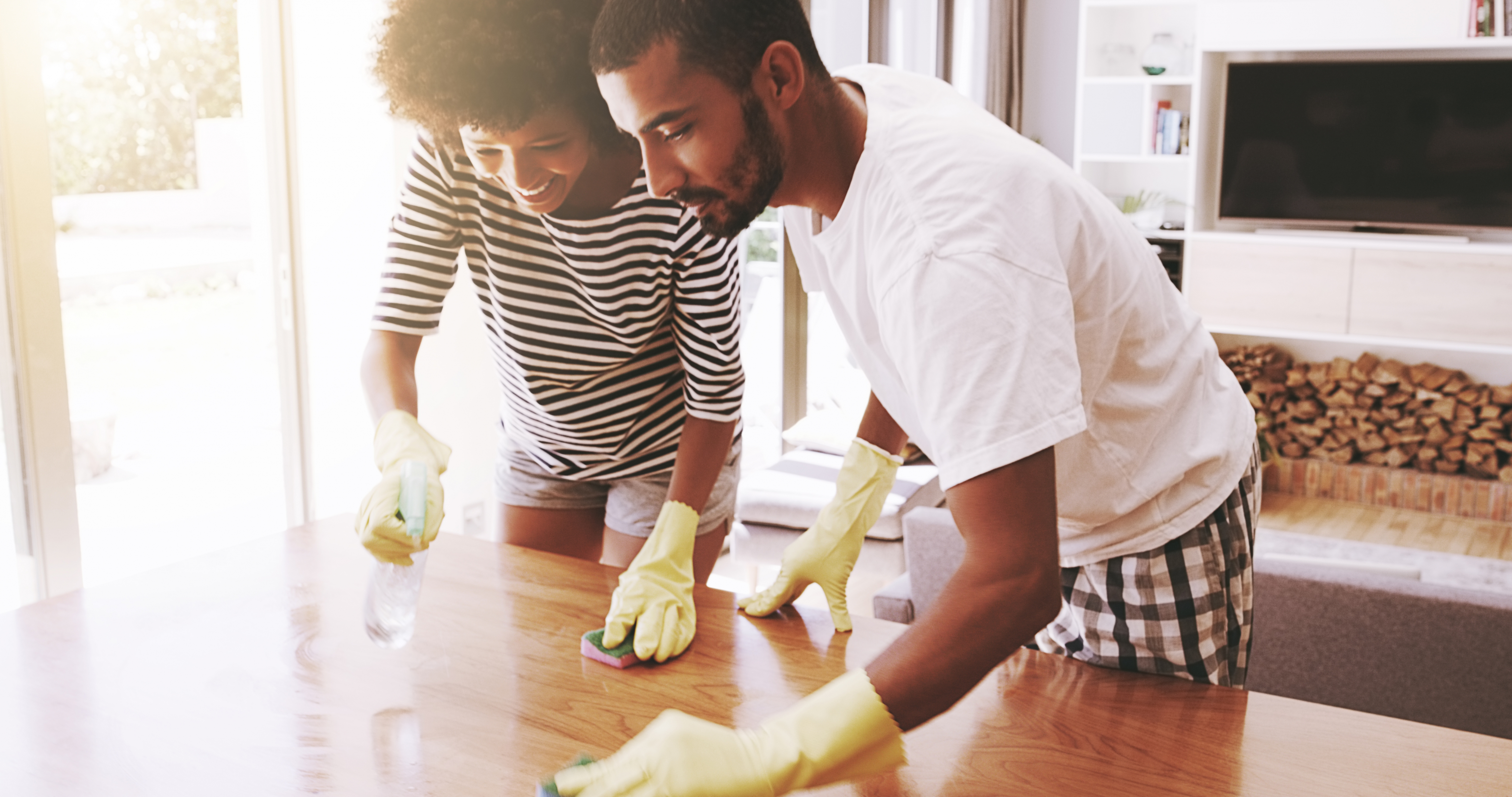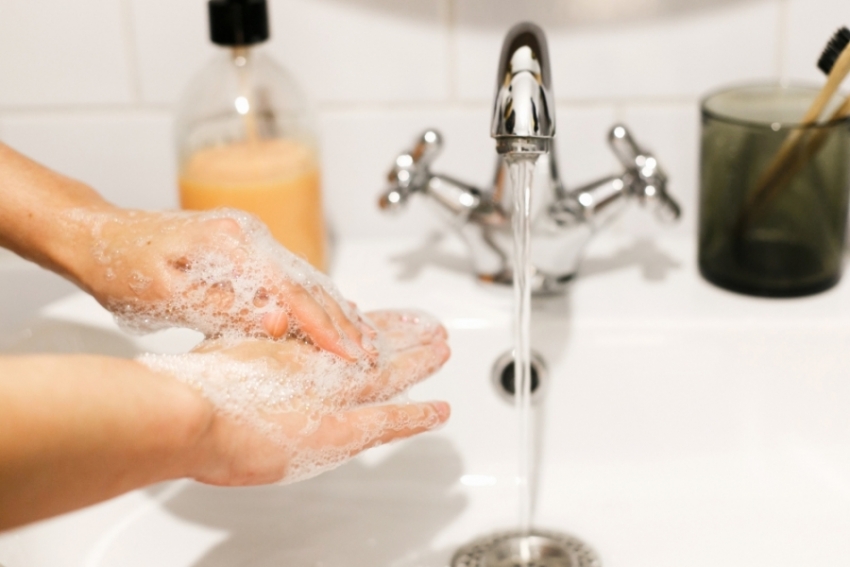The Leukemia & Lymphoma Society (LLS) is here to help. We’ve put together guidance from the U.S. Centers for Disease Control and Prevention (CDC) and other tips to help caregivers and families keep their homes clean and healthy. Remember, washing your hands often with soap and water for at least 20 seconds is one of the best ways to help protect yourself and others from the virus that causes coronavirus disease (COVID-19) and any virus for that matter. We encourage blood cancer patients, survivors, caregivers and families to contact our Information Specialists for free, one-on-one support. LLS Information Specialists – master’s level oncology professionals – are available by phone at 800-955-4572 or by email or chat at this link.

1) Brush up on cleaning vs. disinfecting. Cleaning refers to removing germs, dirt and impurities from surfaces. Disinfecting means using chemicals to kill germs on surfaces.
2) Always follow product directions. Keep all cleaning products out of reach of children and pets. Open windows and doors while cleaning or run a fan to let out strong fumes from cleaning products. Be sure to check the expiration date, too.
3) Clean and disinfect high-touch surfaces and objects daily. Think tables, doorknobs, light switches, handles, remotes/controllers, keyboards, toilets, faucets, sinks, refrigerator/oven doors, countertops, favorite toys that your child plays with every day, phones, tablets and more. Clean the surface or object with soap and water or another detergent, then use a surface-appropriate household disinfectant. Learn more.
4) Get organized. Download a free chore chart from LLS at www.LLS.org/caregiverworkbook to stay on top of your cleaning routine. Remember, cleaning a little bit every day goes a long way!
5) Wear disposable gloves while you clean and disinfect. If you wear reusable gloves, make sure these are dedicated for cleaning and disinfecting surfaces only. No gloves? Wash your hands before and after cleaning.

6) Never mix bleach with ammonia or any other cleanser.
7) Take extra care if you or a loved one has COVID-19. The CDC provides recommendations for cleaning and disinfecting your household here.
8) Be mindful of handling packages. While the CDC says the risk of infection from delivered packages is very low, consider taking extra precautions if you or a loved one is at higher risk for severe illness from COVID-19. Leave packages outside for a day or opt for “no-contact” drop-offs if possible. Open essential packages outside of the home, dispose of the outer packaging and wash your hands immediately after handling.
9) Stay safe on laundry day. Avoid shaking dirty laundry, use the warmest appropriate water setting and dry items completely. Learn more from the CDC here. Opt for fragrance-free detergents as patients undergoing chemotherapy might be sensitive to strong smells.
10) Wash your hands, counter and other surfaces you’ve touched before and after putting away groceries. Many grocery stores or vendors are offering delivery options, including no-contact drop-offs.
Finally, if cleaning supplies are limited in your area, use common sense in terms of how frequently you need to use them. Thorough hand washing with soap and water is most critical. You can also clean your house with diluted bleach or alcohol solutions. Consider calling your local pharmacies and grocery stores to let them know you have special needs as a caregiver for an immunocompromised patient and ask them to alert you as soon as new supplies come in. Many online suppliers also have auto-notification options to inform you when supplies are back in stock.
LLS offers a wide array of free education and support for caregivers.
